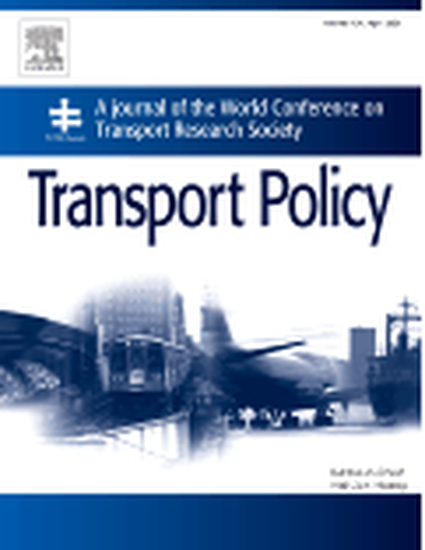
Article
Market power at the Seattle-Tacoma International Airport: The case of Alaska Airlines
Transport Policy
(2019)
Abstract
The Seattle-Tacoma International Airport is the hub of Alaska Airlines, the largest airline in the Pacific
Northwest. We analyze the impact of Delta Air Lines' expansion at this airport on the operational and financial
performance of Alaska Airlines. The time series consists of quarterly airline and economic data for the period 1Q
2010 to 3Q 2016. We estimated the econometric model using the generalized method of moments based on the
Newey-West covariance estimator for robust standard errors. While Alaska Airlines remains dominant at its hub
airport its yield has moved closer to Delta Air Lines', indicating that intense competition has eroded but not
eliminated Alaska Airlines' pricing power. Our results indicate that higher market concentration and advertising
intensity tend to reduce profits, implying that the number of firms and the Herfindahl-Hirschman index may not
be sufficient in evaluating market power because industries with few competitors may behave as competitive
markets when firms engage in profit-reducing non-price competition. Moreover, unit cost has a greater impact
on the Lerner index than yield, indicating that cost-efficient airlines have more pricing flexibility, which may
increase profits, underscoring the importance of examining an airline's cost structure in evaluating market
power.
Disciplines
Publication Date
2019
Citation Information
Wilfred S. Manuela Jr., Dawna L. Rhoades and Tamilla Curtis. "Market power at the Seattle-Tacoma International Airport: The case of Alaska Airlines" Transport Policy (2019) ISSN: 0967-070X Available at: http://works.bepress.com/wilfred_s_manuela_jr/11/
